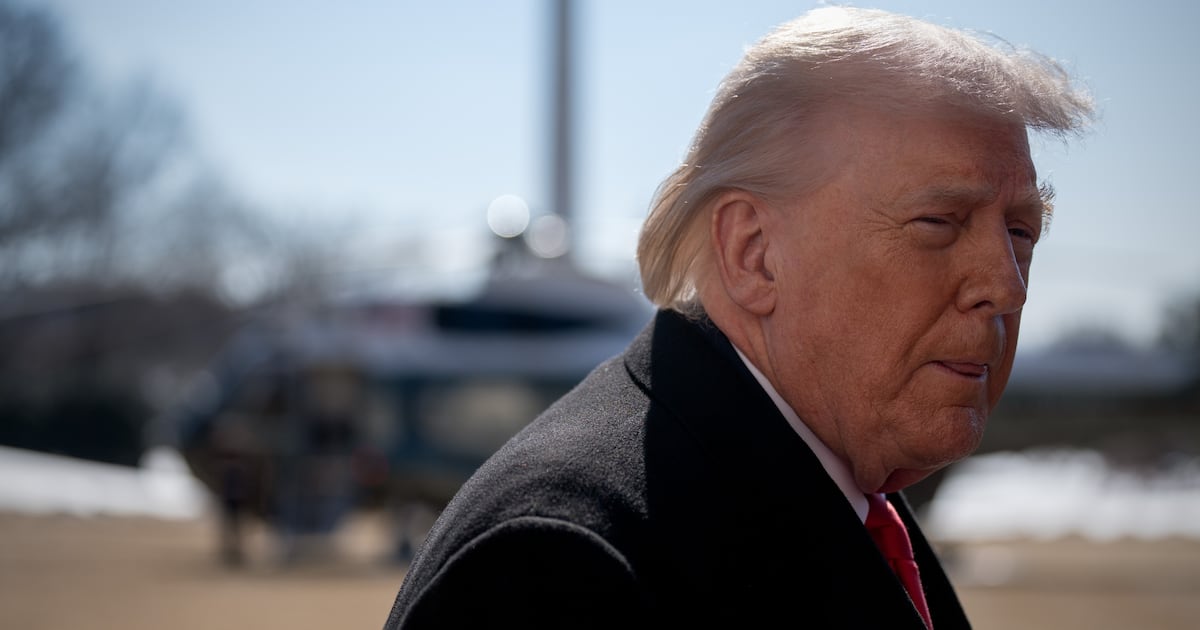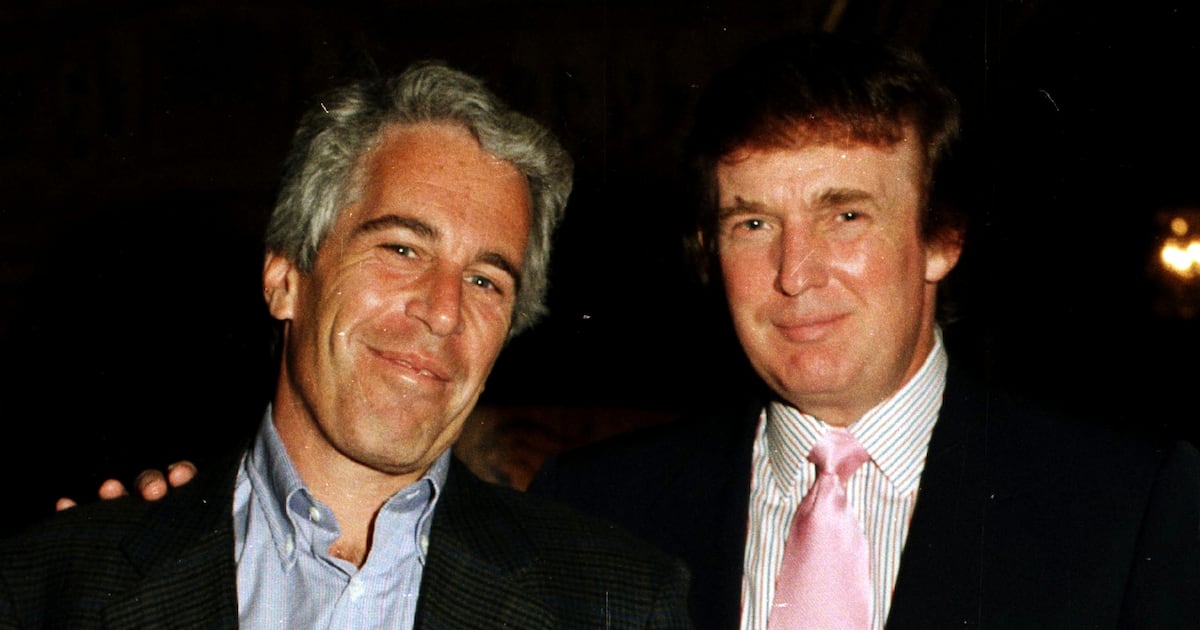After the president’s impassioned call for gun control in his State of the Union, Tea Party favorite Sen. Rand Paul offered a rebuttal. “We will not let the liberals tread on the Second Amendment,” he insisted, repeating what’s become the GOP’s mantra: Obama’s gun proposals infringe the Constitution. This refrain is profoundly misleading—none of Obama’s proposals is likely to be struck down by the Supreme Court. It should nonetheless serve as a reminder that gun-control advocates mistakenly continue to cede the constitutional arguments to the extremists.

It’s time to take back the Second Amendment.
This is hardly a new observation—it’s been made many times before, here and elsewhere, but it bears repeating because politicians like Senator Paul seem unwilling or unable to process its essential truth.
For the past 30 years, the Second Amendment has been defined by the most radical elements of the gun-rights movement. They argue not only that the Second Amendment guarantees individuals the right to own guns—a view that represents, in my view, the best understanding of our history and tradition—but, more importantly, that nearly any restriction on the manufacture, ownership, or use of firearms infringes this sacred right.
This radical vision of the Second Amendment is remarkable mainly for having so little basis in Supreme Court case law, the text of the Constitution, and American history.
In 2008 the Supreme Court held that the Second Amendment did secure the right of law-abiding, responsible adults to have handguns in their homes for protection. Yet the court went out of its way to acknowledge that most forms of gun regulation remain constitutionally permissible. “Like most rights, the right secured by the Second Amendment is not unlimited,” Justice Antonin Scalia, explained. In a sentence the NRA and many gun-rights extremists apparently missed, Scalia wrote that the Second Amendment is “not a right to keep and carry any weapon whatsoever in any manner whatsoever and for whatever purpose.”
Let’s say that again: Justice Scalia, hero of the most intransigent conservatives in the country, stated unequivocally that restrictions of Second Amendment rights are constitutional.
Indeed, Scalia’s opinion in Heller warned that “nothing in our opinion should be taken to cast doubt” on a wide range of gun laws, including bars on felons and the mentally ill from possessing guns, restrictions on guns in “sensitive places such as schools and government buildings,” or laws “imposing conditions and qualifications on the commercial sale of arms.” These categories capture the vast majority of gun laws in America.
In short, there’s plenty of room under the Second Amendment for gun control.
In recognizing the legitimacy of many gun laws, the Supreme Court did no more than adhere to the text of the Second Amendment. In the part of the amendment that gun-rights absolutists usually ignore, the Founders extolled the importance of a “well regulated Militia.” (For years, the NRA’s headquarters displayed a sign promoting “the right of the people to keep and bear arms,” conveniently omitting the amendment’s opening clause.) Gun advocates are right that this language was not designed to limit the right to people serving in military organizations like the National Guard; the framers repeatedly said the “militia” was composed of we the people, ordinary citizens with our own guns. Yet it’s also clear that the framers thought that the people who make up the militia should be “well regulated”—trained, disciplined, and properly instructed by the government to use arms effectively, safely, and properly.
In other words, the American right to bear arms has always co-existed with gun regulation. The Founding Fathers had gun laws so restrictive that today’s NRA leaders would never support them: broad bans on possession of firearms by people thought to be untrustworthy; militia laws that required people to appear at musters where the government would inspect their guns; safe-storage laws that made armed self-defense difficult; and even early forms of gun registration. The founders who wrote the Second Amendment did not think it was a libertarian license for anyone to have any gun anytime and anywhere they wanted.
And yet today, Second Amendment radicals like Rand Paul and NRA chief Wayne LaPierre blindly insist that Obama’s gun proposals infringe on the Second Amendment. Apparently, they haven’t read Heller, or many of the approximately 400 federal court decisions since Heller on the constitutionality of a wide variety of gun laws—and why would they? They know that if they did, they’d have to face the reality that the overwhelming majority of gun laws have been upheld.
All of the major provisions of Obama’s gun agenda are likely to enjoy the same support. Universal background checks at the point of sale are exactly the type of law Justice Scalia accepted as legitimate: commercial sale “conditions and qualifications” designed to make it harder for felons and the mentally ill to buy guns. The Supreme Court also said that “dangerous and unusual” weapons, like machine guns, can be banned. Arguably, military-style rifles and high-capacity magazines fit this description.
Even if such weaponry is sufficiently commonplace to avoid being designated as “unusual,” restrictions on such weaponry do not substantially interfere with anyone’s ability to defend themselves. That’s exactly what a recent decision of a federal appeals court said, in an opinion written by Douglas Ginsburg, a judge known for his libertarian leanings who was nominated by Ronald Reagan to the Supreme Court.
Judge Ginsburg understands what the Second Amendment extremists don’t. The Second Amendment, while securing an individual right to have guns for personal protection, is not offended by gun laws designed to make it harder for the most dangerous people to obtain the most dangerous weapons.
The Second Amendment is about both rights and regulation. This more nuanced view of the Second Amendment—which is grounded in Supreme Court jurisprudence, the text of the Constitution, and our established traditions—is one that gun-control advocates should embrace.
In the debate over gun control after Newtown, the Second Amendment is on their side.






